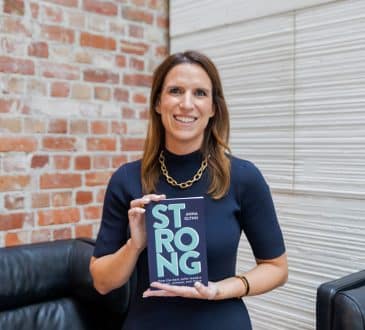Interested in Malta? 6 Things You Should Know Before Studying in Malta

Malta is a tiny European island nation known for its picturesque Mediterranean views, culturally rich cities, exquisite lifestyle, and touristy vibe. It is beautiful in every way and has become very popular in the last few decades. However, it is not just its touristic appeal that makes it such a hit; it offers a wonderful environment to learn and work. Educational opportunities are good, and there is a world-class platform for students from across the world to explore and exploit.
Europe is anyway a generally popular choice for higher education, and if you are considering places, you should take a look at Malta. Just to give you heads-up, I have listed down the 6 things you should know about Malta. Any student who intends to study here must take this list seriously as it will help in shaping an impression of what you are up for.
Here are 6 things you should know before studying in Malta
-
Linguistic barriers are hardly there
You can take a huge sigh of relief because there should not be any linguistic barriers. Locals here are bilingual and speak good English. There is definitely a limited number of universities to choose from but all of them have courses offered in English. This is a big advantage for students as English is a commonly spoken language and learning the local language can be time-taking and problematic when it comes to adjustments. - You won’t feel lonely
It is not easy adjusting to a new environment. Even if you are a proud extrovert, homesickness is anything but predictable and easy. They look for people like us in alien places so that we can share empathy and help each other out. Hence, a strong community of international students is very necessary for social adjustment. Luckily, Maltese universities are filled with international students. Approximately 20 percent of the student population in Malta is international. -
Know the universities
As I said, there aren’t many universities here. Yes, Maltese universities are still climbing up the ranks and have a long way to go before they can compete with historically popular centers of education such as Oxford. Yet, these have shaped a good reputation for being accommodating and thorough in their approach. Its highest-ranked university is the University of Malta. There are also private universities such as the American University of Malta, the European Graduate School, and Barts and the London School of Medicine and Dentistry. Other institutes include Malta College of Arts, Sciences and Technology, St, Martin’s Institute of Higher Education, and EDU International Institute of Higher Education. -
Tuition Fees may or may not be charged
You should take note that tuition fees in Malta are not charged from students coming from EU nations. Of course, its citizens are also exempted from any tuition fees. This treatment, however, is not extended to non-EU students. Also, those paying tuition fees will have to pay a good amount because Maltese universities can get really expensive. There are a few cheap universities such as the University of Malta but they wouldn’t be really cheap if you’d ask me. -
Your safety is assured
If we keep aside the incidents of petty crimes such as pickpocketing, Malta is exceptionally safe. Locals are very friendly and helpful which makes it easier for international students to approach for help whenever needed. Malta is safe. It has been consistently performing well in this area, and this is one of the reasons why it is becoming increasingly popular among international students. -
You can work and study
Well, it has become common to offer international students the chance to manage their finances and gain experience while studying. If you are coming here for education, you are allowed to work alongside. Now, as expected, differences exist between EU and non-EU students. If you are a non-EU student, then you have a limited number of work hours which is 20 hours per week. EU students, on the other side, get liberal treatment and have extended hours of allowed work in their basket of benefits. Also, those who come from non-EU countries can only avail themselves of this work-study option only after 13 weeks from the date of arrival.
Add CEOWORLD magazine to your Google News feed.
Follow CEOWORLD magazine headlines on: Google News, LinkedIn, Twitter, and Facebook.
This report/news/ranking/statistics has been prepared only for general guidance on matters of interest and does not constitute professional advice. You should not act upon the information contained in this publication without obtaining specific professional advice. No representation or warranty (express or implied) is given as to the accuracy or completeness of the information contained in this publication, and, to the extent permitted by law, CEOWORLD magazine does not accept or assume any liability, responsibility or duty of care for any consequences of you or anyone else acting, or refraining to act, in reliance on the information contained in this publication or for any decision based on it.
Copyright 2024 The CEOWORLD magazine. All rights reserved. This material (and any extract from it) must not be copied, redistributed or placed on any website, without CEOWORLD magazine' prior written consent. For media queries, please contact: info@ceoworld.biz
SUBSCRIBE NEWSLETTER








